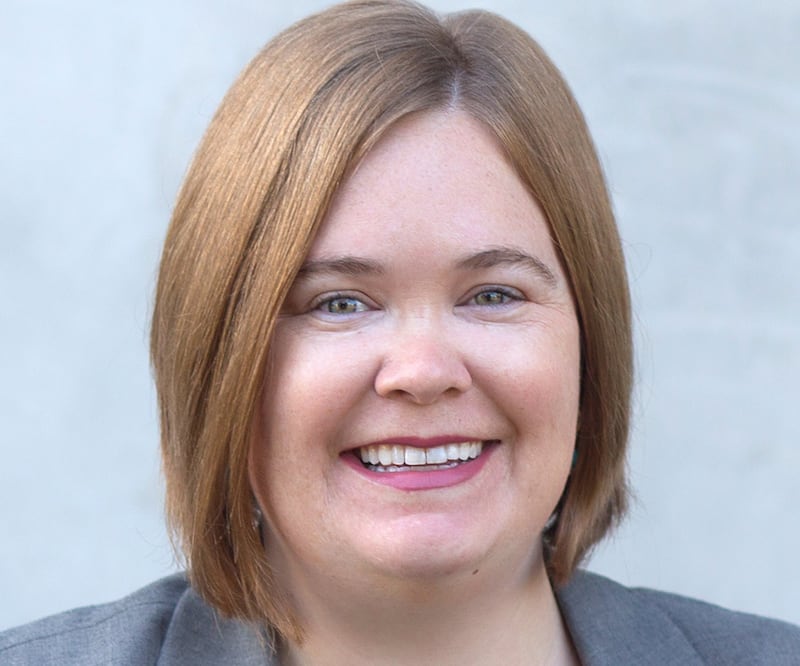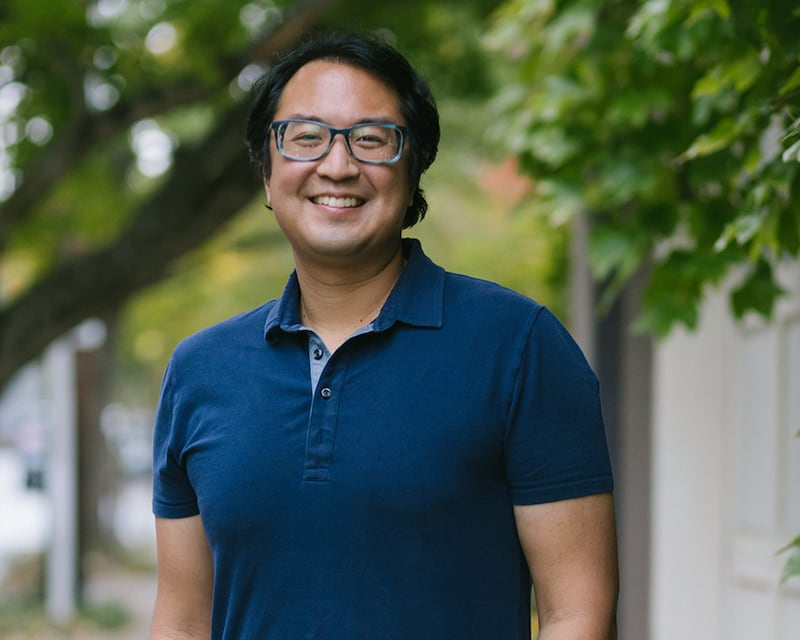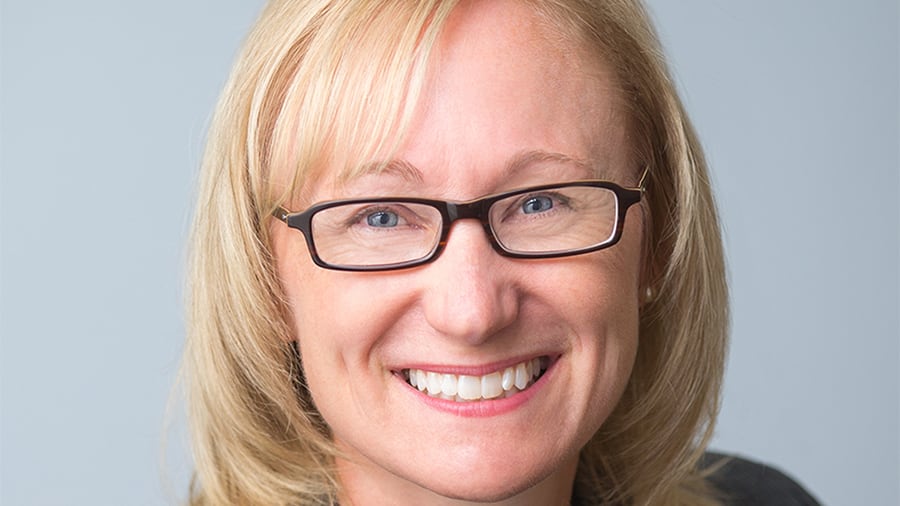Metro Council President
Lynn Peterson
Need evidence that money can’t buy happiness? Look no further than Metro, the once-sleepy regional planning agency that now serves as a cash register for papering over Portland’s social ills with greenbacks. Metro’s portfolio traditional includes land use planning, trash collection and recycling, and operating venues like the Oregon Zoo and the Schnitz. In the past two election cycles, voters agreed to send Metro $653 million for affordable housing, and another $2.5 billion for homeless services.
Why Metro? Because it’s a government body that covers three counties—thus, the largest pool of taxpayers in the Portland region. But the Brink’s trucks pulling up to Metro’s door come with heightened expectations—especially when the money is supposed to help other governments get tents off the streets. So a public body that used to see controversy only when an aging zoo elephant died now regularly faces an ill-tempered electorate.
Much of that ire is directed at Lynn Peterson, 53, who is seeking a second term at the reins of the agency. We’ve long expressed admiration for Peterson, previously chair of the Clackamas County Commission and secretary of transportation in Washington state.
Yet some of the heat is well deserved. Peterson badly misplayed a high-stakes poker game with social services advocates, business leaders and voters while negotiating those tax measures. The result was a humiliating defeat in 2020 of Peterson’s darling: a $4 billion tax on company payrolls that would have built a light rail line to Tigard and funded road improvements.
In hindsight, the rejection looks like a watershed moment: when Portland-area CEOs drew a line on how much they would pay in taxes and what control they expected on spending in return. The attempt this year by the advocacy group People for Portland to seize control of Metro’s homeless services spending is a sign of dissatisfaction with her tenure. That Peterson was so badly outflanked doesn’t inspire our confidence.
But we are not impressed by the alternative. Alisa Pyszka, an urban planner and former vice president of the business development agency Greater Portland, offers sharp critiques of Peterson’s leadership, especially the sluggishness Metro has shown getting its projects shovel ready. But she had trouble outlining an alternative vision.
Our concern with Peterson is she spends too much time mired in public process and seeks affirmation from progressive advocates at the cost of getting things done. But we fear Pyszka would listen to only one constituency: corporate boardrooms. She’s not ready for prime time. We’ll take Peterson—with hope she’s learned something from a difficult four years.
Moment of joy when Peterson felt life was returning to normal: When she saw piles of trash cleared away from Southeast Powell Boulevard.
Metro Council District 2 (Lake Oswego, Milwaukie, Oregon City)
Christine Lewis

If there’s a matter that Metro handles that Christine Lewis isn’t up to speed on, then we couldn’t find it in our hourlong endorsement interview. She came to Oregon from Dallas in 2003 to attend Reed College, and she clearly brings a scholar’s focus to the toughest issues.
Ever hear a cynical friend suggest that Portland’s generous benefits are attracting homeless people from other states? Lewis collected data on that very question as a volunteer for Multnomah County’s point-in-time count, walking Portland’s streets, armed with a clipboard, and asking homeless people about their circumstances.
“People are not going to move from Idaho to be homeless in Portland,” Lewis says.
Concerned about all the trash piling up in Portland? Lewis is on top of that, too. Half of it, she says, comes from households, not homeless camps. People in houses dump stuff around town in part because trash haulers aren’t compelled to pick up bulky waste.
Residents of Dallas can put dead appliances, old mattresses, and other big items out once a month as part of their regular trash service. The Portland area should do the same, she says. And she’s fighting a hike in the dump fee, another impediment to proper disposal.
Lewis, 37, serves as Metro’s non-voting delegate to the committee that oversees the regional government’s distribution of $250 million a year for homeless services. She is also the Metro Council’s liaison to the committee overseeing the agency’s $653 million housing bond. That’s work where her granular approach to public policy will matter.
Her opponent, Mei Wong, is a first-generation immigrant and businesswoman who does not offer a single policy proposal in the Voters’ Pamphlet.
Moment of joy when Lewis felt life was returning to normal: “You’re talking to the mom of a toddler, and I still don’t have access to that 0-to-5 vaccine. There are a bunch of us who still feel a little left behind.”
Metro Council District 6 (Southeast and Southwest Portland)
Duncan Hwang

In January, Hwang was appointed to the District 6 seat on the Metro Council, representing Southeast and Southwest Portland, after Councilor Bob Stacey resigned because of poor health. Five of the Metro councilors voted for Hwang as replacement, and one voted for Terri Preeg Riggsby. Now they square off for the support of voters.
Hwang, 41, comes from a family that emigrated from Taiwan to the Upper Peninsula of Michigan. (His mother opened a restaurant there.) He came to Portland to attend Lewis & Clark Law School. After a stint in China, where he worked as a corporate lawyer and helped plan the 2008 Summer Olympics, he returned to Oregon in 2012 and went to work at the Asian Pacific American Network of Oregon, where he is a director.
He’s accomplished a lot. He led the development of the Orchards of 82nd, an affordable housing complex with 48 badly needed units. He planned the first Jade International Night Market, which attracts 20,000 visitors each year with Asian food, dragon dance performances, and music.
Hwang faces significant opposition from Preeg Riggsby, 47, whose face lights up when she describes getting federal money for a new culvert that will help salmon reach a cool, clear stream to spawn. She’s been working to clean up that stream for two decades and has succeeded, as a member of the Tryon Creek Watershed Council, where she is now executive director.
But there’s other context worth considering here. Oregon’s Asian community is underrepresented in the state’s politics. There is only one person of Asian descent in the Oregon Legislature, two on the Multnomah County Board of Commissioners and none on the Portland City Council. Hwang is the only one on the Metro Council.
After his stint in China, Hwang could have come back to a plush job at a private law firm. He chose instead to live near Southeast 82nd Avenue and work on the neighborhood’s behalf. We think the council picked correctly. Vote for Hwang.
Moment of joy when Hwang felt life was returning to normal: “Last fall when I was able to fly home to upper Michigan and visit my parents, whom I hadn’t seen in two years, and eat Mom’s cooking.”

